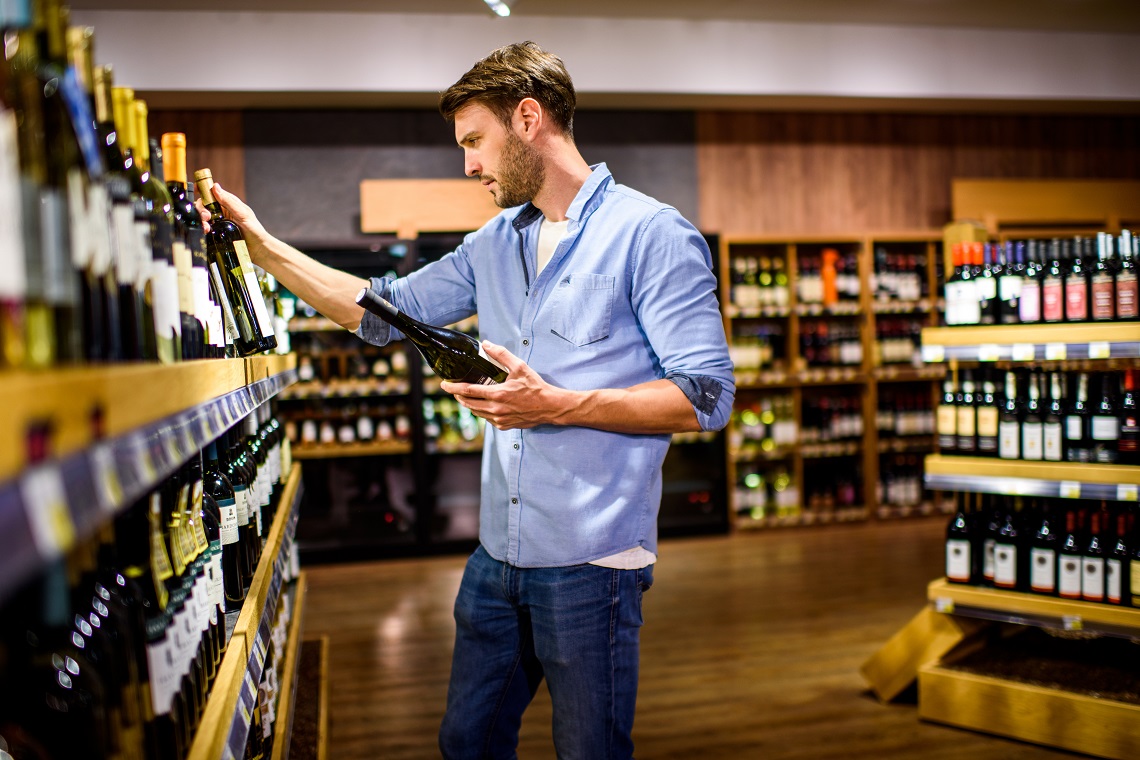The Western Australian Government has decided to uphold its current liquor restrictions for at least another month, despite industry efforts to bring them in line with national standards.
The Liquor Stores Association of Western Australia (LSA WA) and Retail Drinks Australia had presented a strong and united case for the restrictions to be brought into line with the voluntary measures adopted by Retail Drinks members on 31 March.
The restrictions on the sale of takeaway alcohol in Western Australia were imposed on 25 March, with Premier Mark McGowan saying that they were not intended to stop people from having a responsible drink. The purpose was to assist with the COVID-19 response and ensure that hospitals were well resourced to manage increased pressure.
But the problem with the restrictions as they stand are that they are overly complicated and confusing for retailers and consumers alike. They also don’t apply to interstate online liquor retailers who are targeting Western Australian consumers and creating an uneven playing field for small businesses.
A statement today from the Director of Liquor Licensing, Duncan Ord, said: “While I appreciate the restrictions are presenting some challenges for small business operators in Western Australia, the original objective to ensure Western Australia is well prepared to respond to COVID-19 and minimise alcohol-related problems in the community remains a priority for the Government.”
But Julie Ryan, the CEO of Retail Drinks, says that the restrictions in their current form do little to reduce alcohol-related harm. What they are doing is penalising both Western Australian businesses and consumers.
“We are extremely disappointed at the WA Government’s failure to address the united industry call for a change to the WA alcohol restrictions which unfairly penalise both WA businesses and consumers. Whilst we support the WA Government’s objective in attempting to reduce alcohol-related harm, the current takeaway alcohol restrictions fail to achieve this. These limits can be easily circumvented through visiting multiple outlets and purchasing alcohol online from interstate retailers to whom the limits do not apply,” says Ryan.
“We also dispute that any conclusions could be drawn in relation to the impact of these measures on alcohol related harm in the community. By way of example only, we suspect that in WA, similar to other states and territories, there has been a reduction in crime as well as overall non-COVID-19 hospital admissions. This is to be expected when more people are quarantining themselves at home, substantially most businesses are shut or on reduced trading (but in both cases with increased security), and people are avoiding hospital visits due to the risk of COVID-19.
“Retail Drinks’ voluntary initiative has already been successful in preventing panic buying with sales no longer at the peak trading seen a few weeks ago, demonstrating that these desired outcomes can be achieved without the stricter purchase limits the WA Government has imposed on its own retailers.
“We would urge the WA Government to adopt the same measures as Retail Drinks’ voluntary initiative in its next review so that WA retailers are able to compete on a level playing field.”
LSA WA notes that Western Australian retailers are appreciative to be able to trade in an environment where many other small businesses have had to shut down, but says that today’s decision was disappointing.
“While the board and the executive of the Liquor Stores Association of WA is disappointed at the decision we look forward to hearing from the relevant authorities to demonstrate some greater insight behind their decision,” says LSA.

